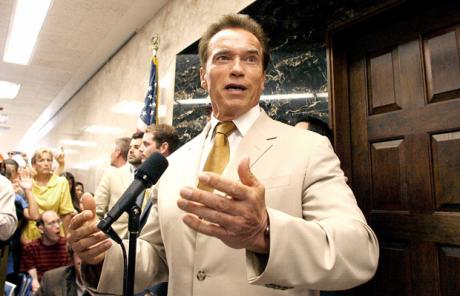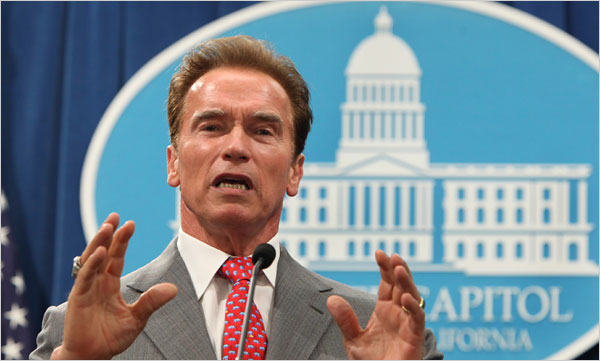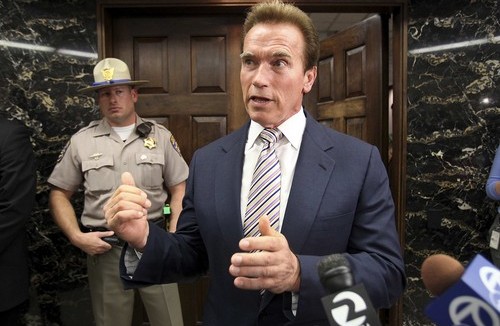Why I Expect a Default on California’s Bonds
This is a day of reckoning for California and, ultimately, for all of America.
Will our nation’s largest debtors meet their massive financial obligations? Or will many ultimately default?
In California, the answer given by the state Treasurer’s office was a commitment never to default, seeking to directly refute my forecast issued here 13 days ago under the headline “California Collapsing.”
According to the BusinessJournal:
“The California’s state Treasurer’s office on Monday refuted an analyst’s recommendation last week that investors dump California municipal bonds and that the state is likely to default.
“Analyst Martin Weiss of Weiss Research said in a June 22 report that California’s financial woes create ‘a very high probability’ that California will eventually miss debt service payments.
“Mr. Weiss’ analysis and recommendation, to put it kindly, is misinformed,” responded Tom Dresslar, a spokesman for state Treasurer Bill Lockyer. “Even the credit rating agencies said, in announcing possible downgrades, that the likelihood of default is low.”
Ironically, just two days later …
California Defaulted on Its
Short-Term Debt Obligations
In lieu of cash, California issued i.o.u.’s to meet obligations to vendors and citizens, postponing payments on its current liabilities.
But current liabilities are short-term debts. Ergo, based on this standard definition, California is already defaulting.
It’s not the same as defaulting on its bonds. But for reasons I’ll explain in a moment, I’m now more convinced than ever that a bond default is also coming.
Consider the importance of this week’s events …
If California’s creditors had a say in the issuance of i.o.u.’s, Sacramento officials might be able to deny they’re in default by implying mutual consent. But that’s far from the facts. The creditors had nothing to do with this decision. It was unilateral, a telltale aspect of debt defaults.
If the i.o.u.’s were as good as cash, Sacramento might also deny the D-word. But the sad reality is that, if you’re among those stuck with California i.o.u.’s, you have only two choices: You have to either hold them while you sweat and cross your fingers or you have to sell them at a steep discount – exactly the same choices facing bond investors after a default.
If all major financial institutions accepted California i.o.u.’s, that might also help Sacramento justify a continued denial of default. But the reality is that most banks are not accepting the i.o.u.’s, and no one could argue their reasoning is financially unsound.
Why accept a piece of paper at face value when it’s worth significantly less than face value on the open market? The nation’s largest banks already have enough troubles with toxic mortgages, toxic credit cards and toxic loans on commercial real estate. They’re not exactly anxious to pile on toxic California paper.
If, as in past episodes, California’s budget mess were mostly due to a political snafu, it could be argued that the i.o.u.’s are merely a temporary stop-gap. But that’s clearly not the case either.
To the contrary, California’s budget crisis is rooted in an unprecedented economic depression with 11.5 percent unemployment and the greatest concentration of mortgage delinquencies in the nation. Even if the i.o.u.’s are ultimately paid in full, California’s debt troubles are not going away.
Why I Expect a Default on California’s Bonds
Short of an 11th-hour rescue from Washington – where political resistance to bailouts has grown dramatically in the wake of recent federal rescues – it will be extremely difficult for California to avoid a default on its bonds.
Read moreDay of Reckoning for California and, ultimately, for all of America



